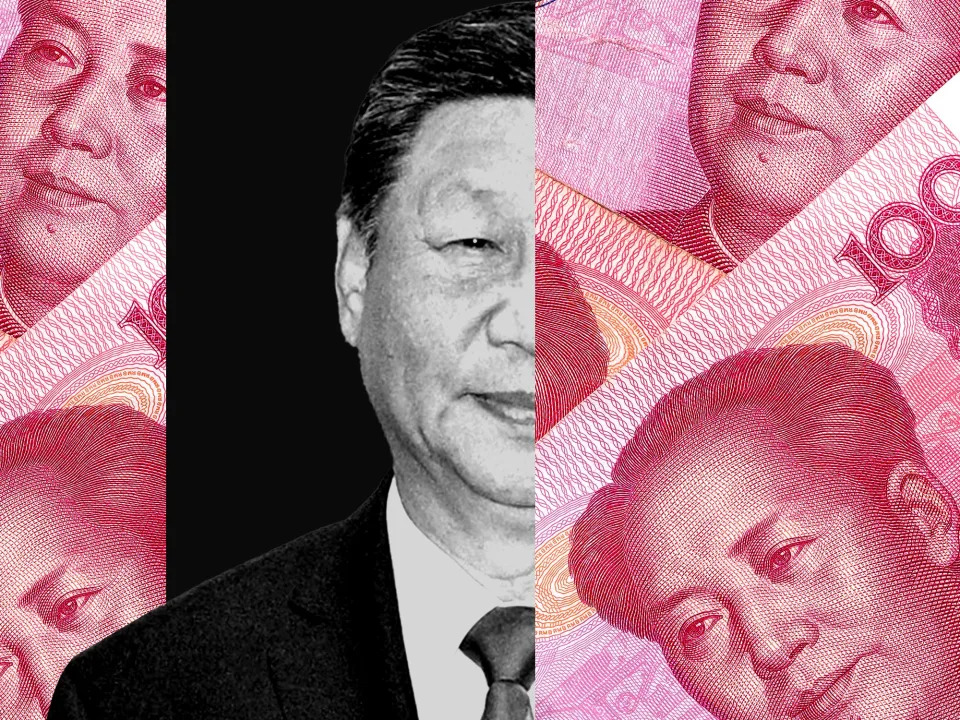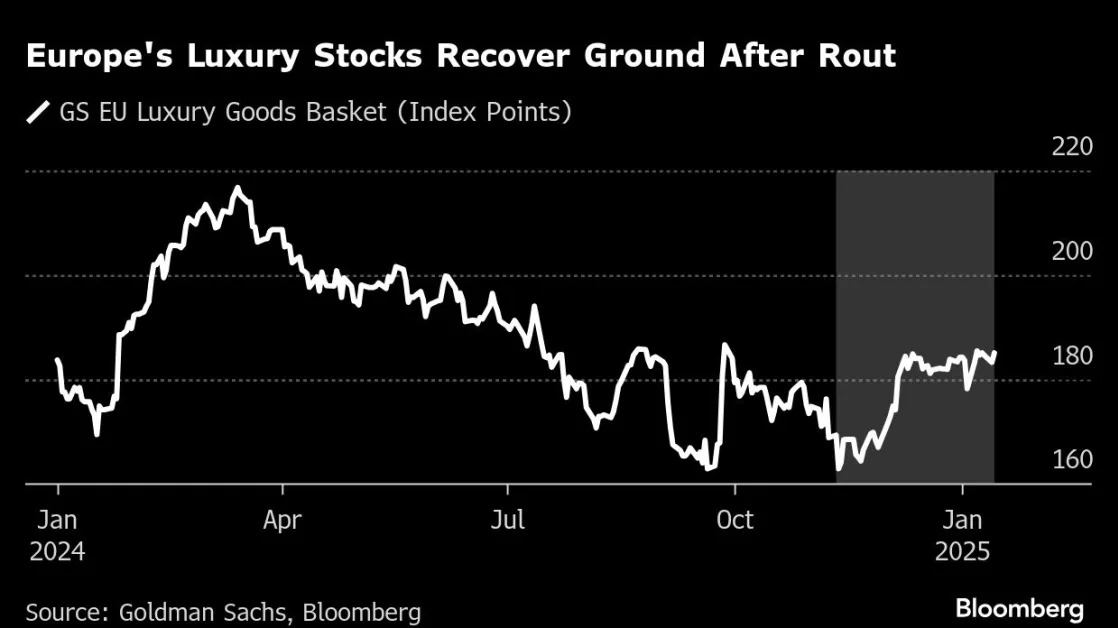
Yields on China's government bonds are tanking, triggering worries that the world's second-biggest economy could be facing a multiyear economic downturn.
The country's bond yields have plunged to record lows in recent weeks, falling below levels seen during the COVID-19 pandemic and the global financial crisis of 2008.
The two-year yield has nearly broken below 1%, while the 10-year bond yield has dipped below 1.6% for the first time ever, making for a 300-basis-point gap with the US bonds.
China's 30-year yield, meanwhile, dropped beneath the Japanese Government Bond yield for the first time ever.
The across-the-board tumble has analysts increasingly worried about a years-long downward spiral. Several liken the situation to Japan's "lost decades," when the country faced a steep economic slowdown after its stock market and real estate bubbles burst in 1990.
During that time, long-term deflation hobbled the country's economy as firms and households looked to lower their debt while simultaneously boosting their savings, dampening economic activity.
Stock prices on the country's benchmark Nikkei Index plunged by around 60% from their late 1980s peak through mid-1992.
Japan has only just started showing signs of recovery in recent years after the country kicked off aggressive stimulus measures.
Such a path forward for China would mark a steep turnaround for a country that's led global economic growth over the past two decades, yet the countries' respective problems are strikingly similar.
Like Japan, China has seen its property sector weaken dramatically, while also dealing with anemic domestic consumption and high private sector and government debt .
Analysts at Goldman Sachs said that while a "lost decades" period for China isn't a done deal, Japan's situation offers guidance for Chinese stock investors.
"While China has become more 'Japan-like' economically in the post-pandemic era in terms of output gap, inflation, and policy rate/bond yields, there are significant differences which lead us to believe that Japanification is far from the only path forward for China," the analysts wrote.
To avoid "Japanification," the analysts said China's policymakers need to pursue a more forceful agenda to change the country's economic trajectory.
The deflationary trend in China "underscores the importance for policymakers to adopt more forceful and decisive actions to ease financial conditions, rationalize supply, and boost aggregate demand to circuit-break the downward spiral that was widely cited as one of the main culprits of Japan's lost decades," the analysts said.
The steep drop in yields comes despite a series of stimulus measures from Beijing since September, which helped stocks notch a 15% gain last year.
However, this year has brought the market's worst start in almost a decade, with the CSI 300 index down nearly 4% so far.
Read the original article on Business Insider





